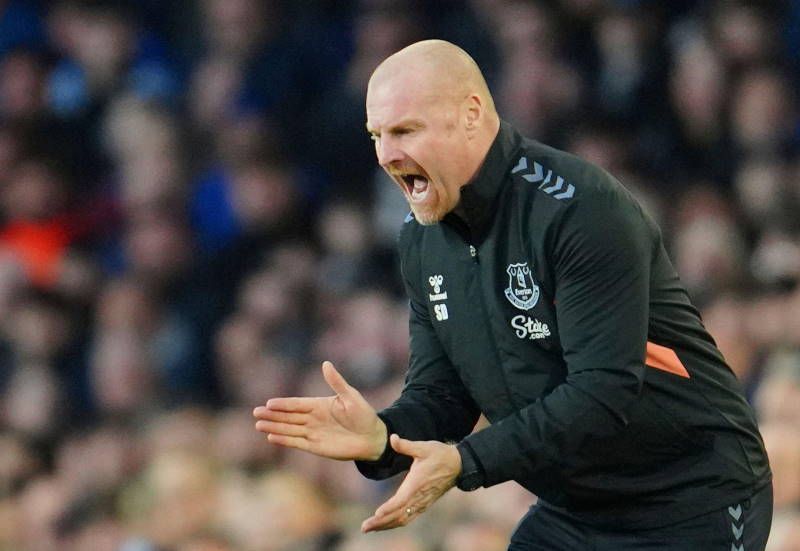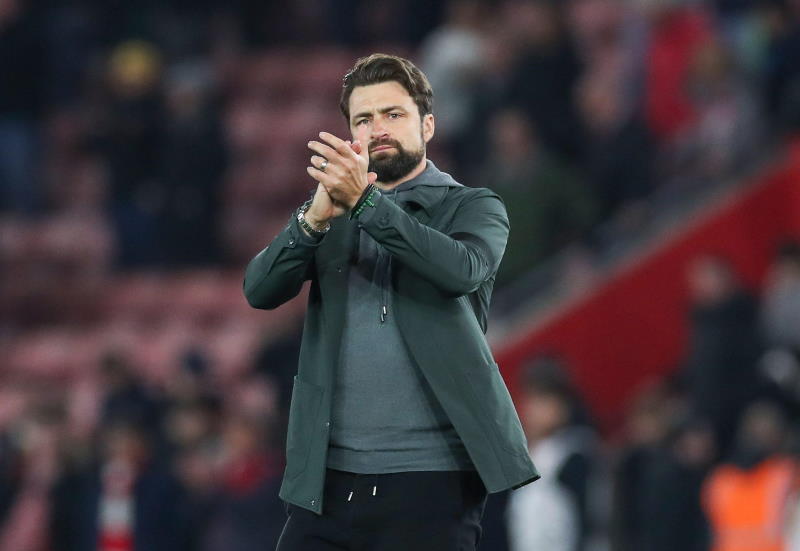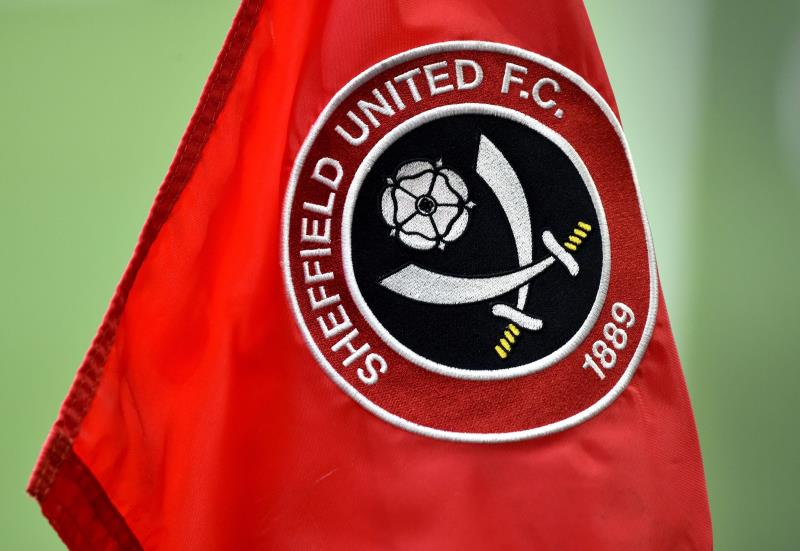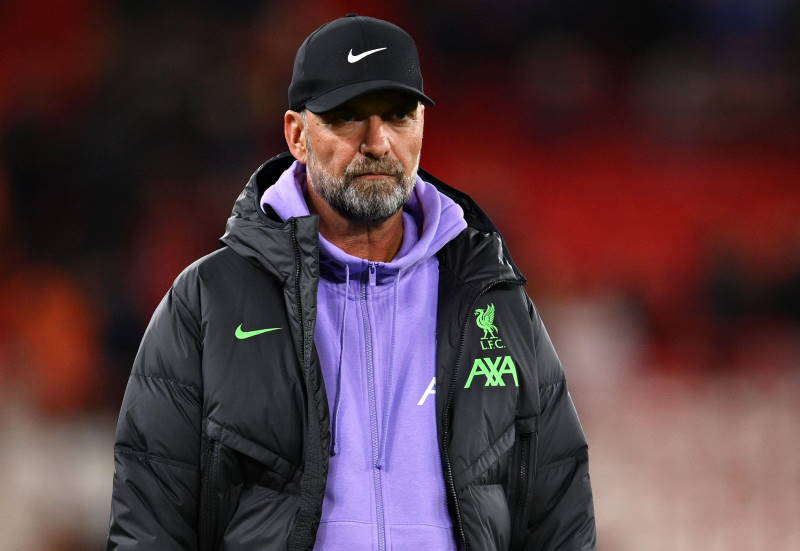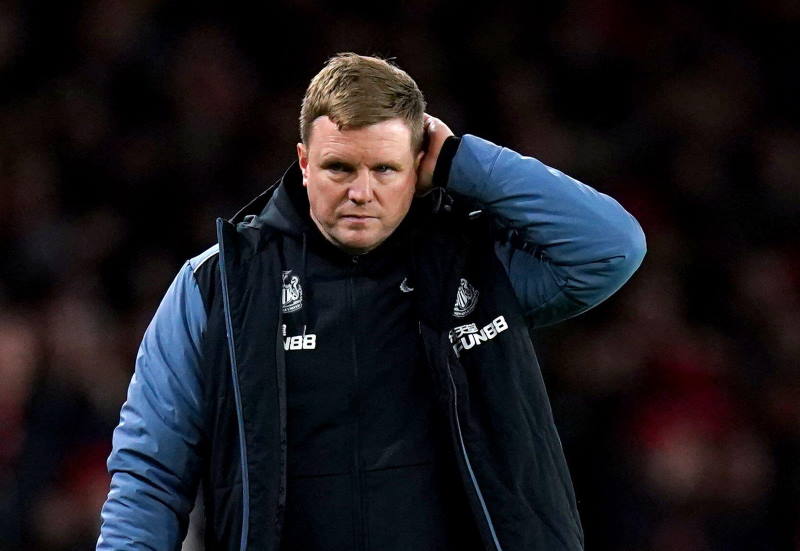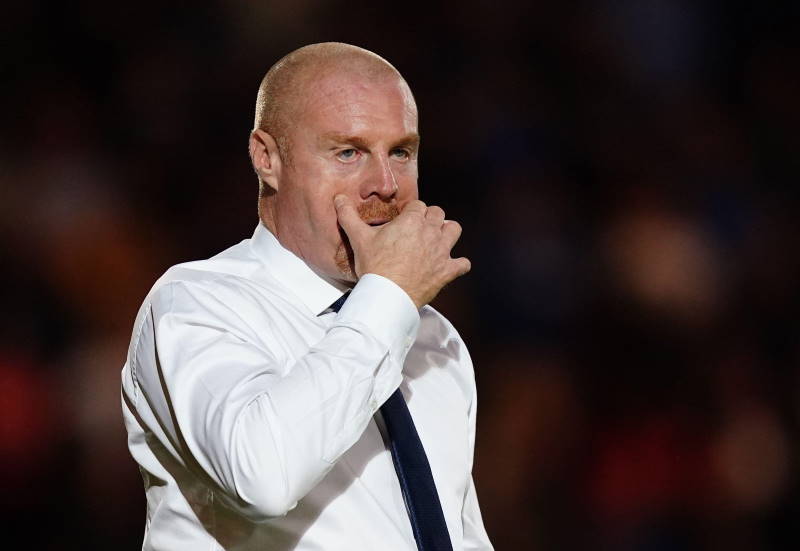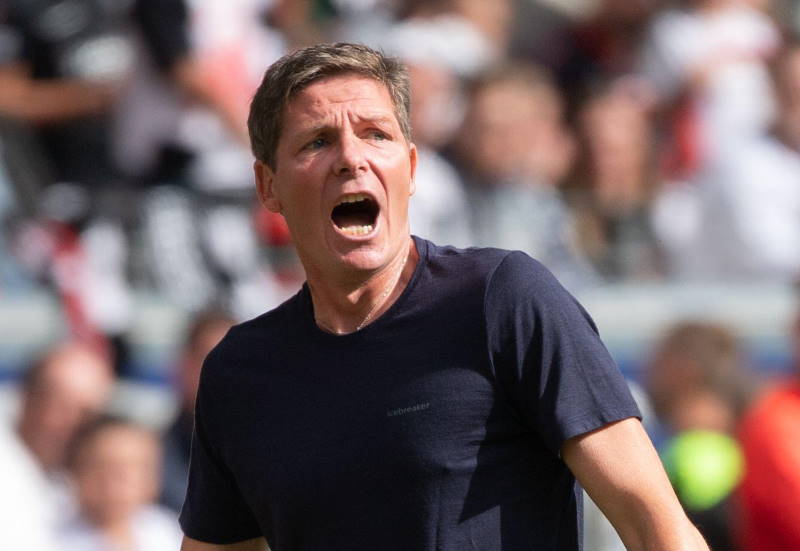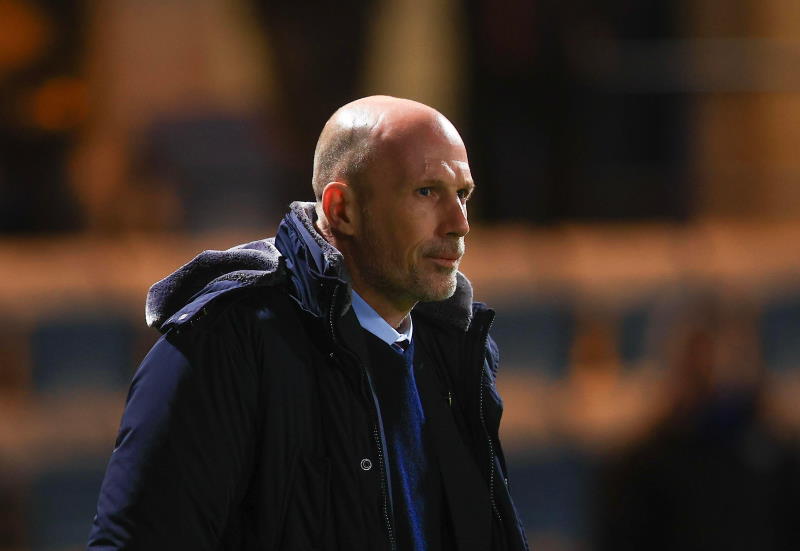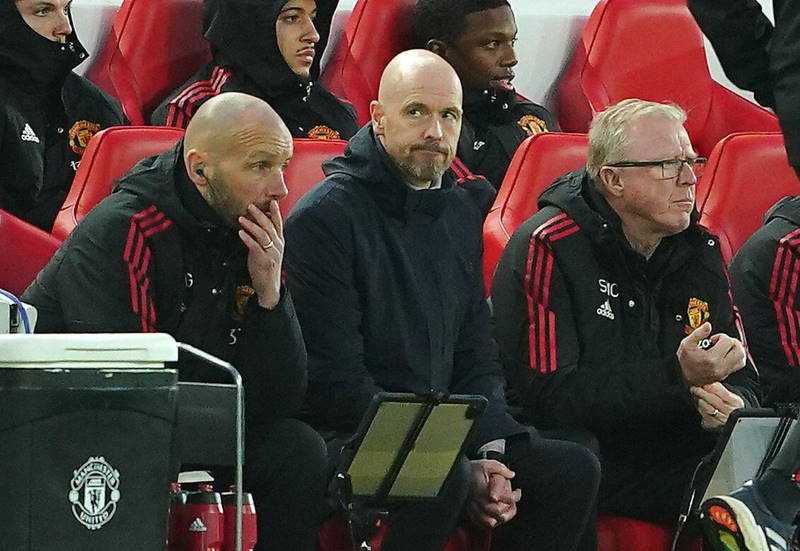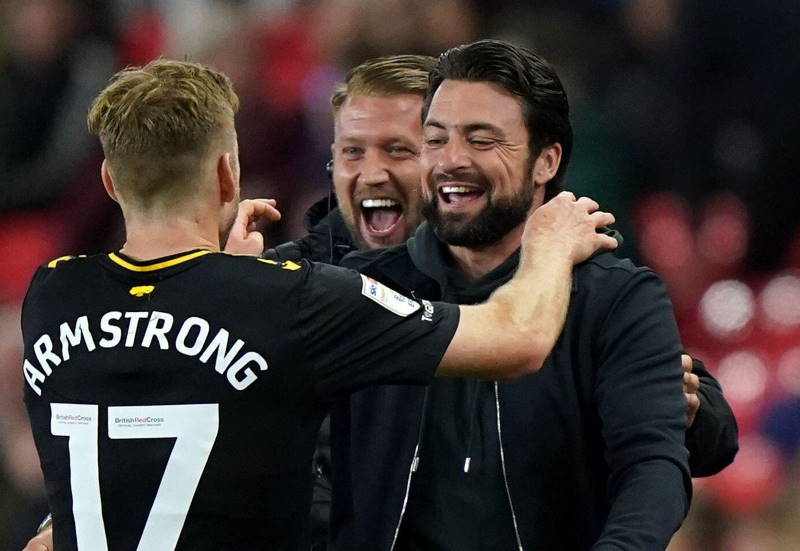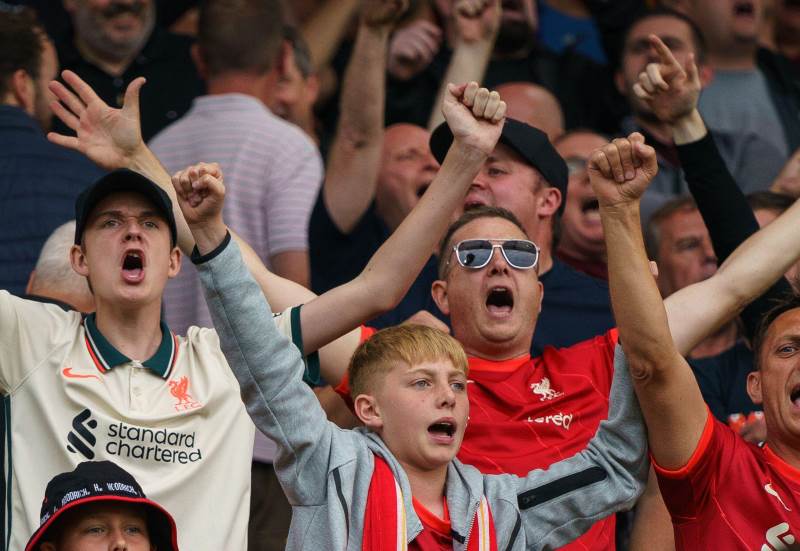
If the Brazilian public came into the Confederations Cup unconvinced of their national team’s ability, there was no doubt that by the final they were very much behind the Selecao. A rousing reception and similarly passionate rendition of the national anthem greeted the team at the Maracana on Sunday and they produced a performance of equivalent pomp, thrashing reigning world and European champions Spain 3-0 to lift the trophy.
It was a very different scene to that witnessed in the warm-up friendlies, when Brazil were booed during lacklustre performances in Belo Horizonte, Porto Alegre and Rio. Luiz Felipe Scolari seemed to be struggling in his attempts to mould the squad to his liking and the team had been cumbersome and short of ideas when pressured. They appeared miles away from a side capable of challenging for the Confederations Cup, let alone next year’s World Cup.
But something changed once the tournament kicked off. Neymar's goal three minutes into the opening match against Japan set the tone, silencing any potential boo-boys and cultivating the support of the Brazilian public, which barely wavered between then and the end of the tournament. Their performances vacillated between acceptable and impressive, but certainly for spells Brazil played with far greater conviction than they had previously.
Scolari is a notoriously adept motivator, but even he had to do little more than point his players to the country’s streets, where hundreds of thousands of their compatriots united to protest deficiencies in basic services such as education, health care and public transport. The Selecao rode a nationalistic wave, energised by the stirring support in the stands and on the streets.
The final was without doubt their most impressive performance. They were aggressive, energetic and well organised from kick-off, took the lead within the opening two minutes and thereafter utilised their pace and trickery on the counter attack to carve out numerous opportunities. Two further goals arrived either side of half time – Neymar lashing in from inside the area and Fred adding to his opening goal with a lovely caressed finish into the bottom corner.
Paulinho and Luiz Gustavo out-muscled the Spanish midfield; Thiago Silva and David Luiz were strong in the centre of defence, yet mobile enough to move across and cut out dangerous situations on the flanks; and Julio Cesar produced a couple of excellent saves. Daniel Alves was solid at right-back and Marcelo provided plenty of attacking thrust, although his defending was far from exemplary.
In forward areas, Fred had by far his best match of the tournament, performing superbly as a reliable focal point up front. He had failed to score in either of Brazil’s first two matches, but after being given a strong vote of confidence from Scolari responded with five goals in the remaining three. His style is not suited to all opponents, but used correctly he is capable of making his presence felt at next year’s World Cup.
Fred linked particularly well with Neymar, whose rapid, direct dribbling caused a multitude of problems for the Spanish defence and led to Gerard Pique’s dismissal on 68 minutes. The Barcelona-bound forward certainly burnished his reputation at the tournament, although it must be said that despite producing telling moments (four goals and two assists), his overall influence and collective play still require improvement.
It there is one player who is yet to truly shine under Scolari then it is Oscar, who again, on Sunday, was impressive more for the diligence of his defensive work than for his attacking contributions The Chelsea playmaker struggled to find space for much of the tournament, but also suffered from Neymar’s tendency to take on defenders rather than seek an inside pass. His intelligence could be the key to unlocking stubborn defences next year and Scolari needs to find a way to get him on the ball more regularly in the final third.
Argentina’s 1978 World Cup winning coach Cesar Luis Menotti recently described the Confederations Cup as an “invention of the time when the ball jumped from the neighbourhoods to the desks of big business”, but there was no indication that any of the teams involved were treating it as inconsequential and Scolari certainly benefited greatly from the opportunity to test and harden his team in a competitive tournament.
It should, however, be remembered that this is Brazil's third straight Confederations Cup success and yet they have failed to progress beyond the quarter-finals in either of the World Cups following their previous two triumphs. Indeed, none of the four previous winners of Confederations Cup tournaments directly preceding the following year’s World Cup have gone on to lift the trophy.
It also bears mentioning that Sunday’s final played out in a way that was perfectly suited to the attributes of Scolari’s team. Having scored the early goal, Brazil were able to take advantage of the space they were afforded on the counter attack as Spain pushed on, making full use of the swiftness of their forward players whilst also alleviating the central midfielders of creative responsibility.
If Brazil are able to make a breakthrough early on, as they also did against Japan and Mexico, they can sit back and benefit from their adeptness on the break. But against obdurate opponents, such as in the semi-final against Uruguay, they remain ponderous in possession and reliant on individual talent to see them to victory, something Scolari will need to work on ahead of the real thing next year.
There was some criticism of the decision to re-appoint Scolari, but on the basis of Brazil’s Confederations Cup displays his ability to form and motivate a team and squad, allied to the strong support of the Brazilian public, may just elevate them to a position among the contenders for their home World Cup.
Like to bet on football? Pay Inside Bet a visit!

